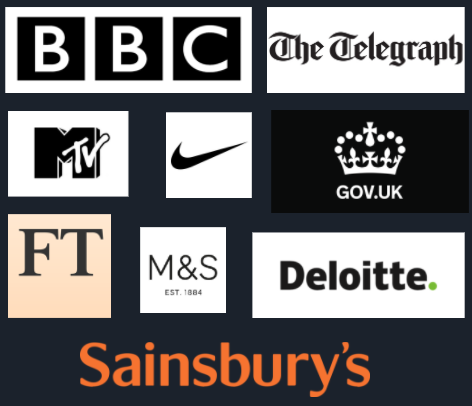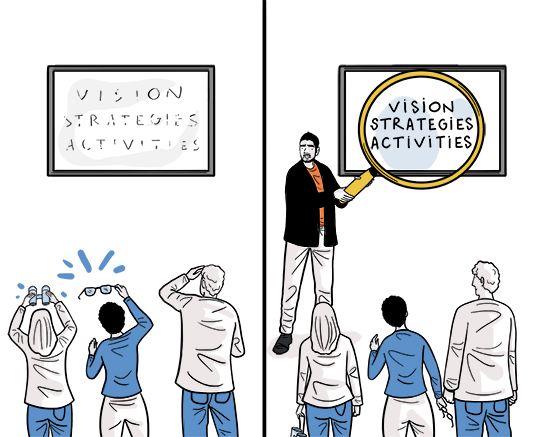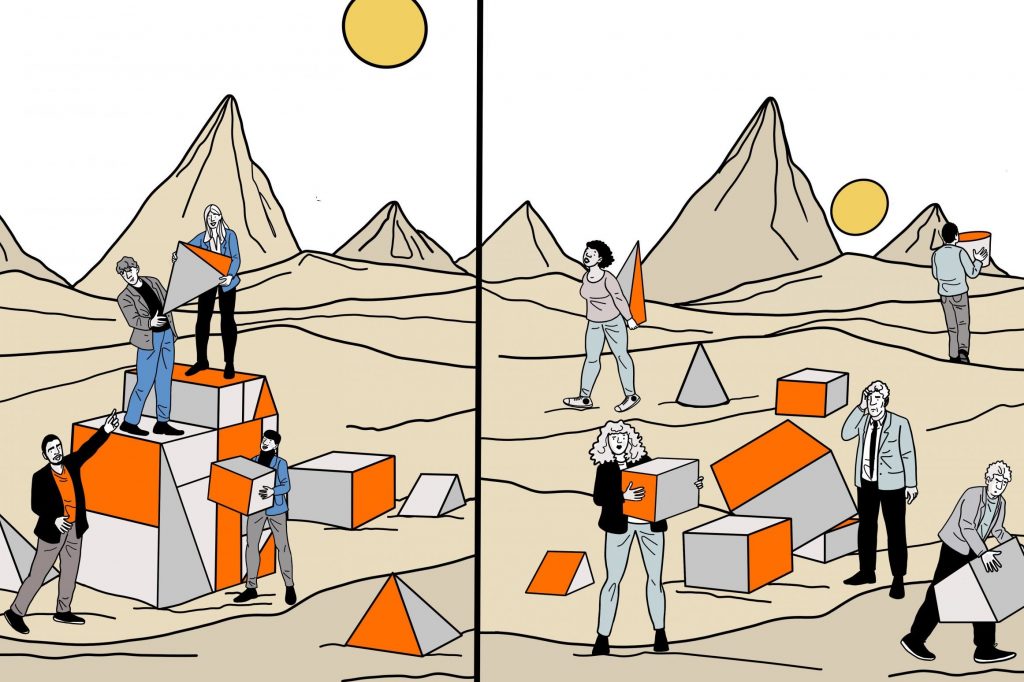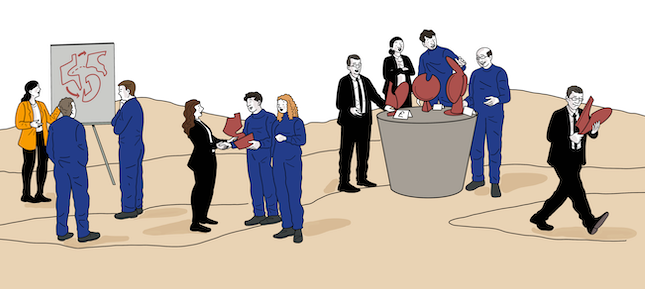
Here are some of the areas of experience where I’ve help clients’ organisations increase their effectiveness through better business alignment and outcomes. Contact me (dean@latchana.co.uk) explore how these experiences could help you, your team and organisation.
Read more about how I can help, my approach and check out my CV.
Executive Coaching
Dean Latchana’s executive coaching experience has helped leaders transform their organisation to deliver better business outcomes, create high-performing teams and increase business agility.
For example, for a global insurer, Dean coached executives to adopt an approach to better align their vision with their organisation’s strategies and activities. For a UK telecom company, he worked with the CTO to design an executive training workshop.
For a financial services firm, he provided comprehensive support for their leaders to adopt a continuous improvement mindset to kick-start their organisation’s transformation.
Portfolio Coaching
Dean Latchana has extensive experience supporting clients create a high-level portfolio of their organisation’s strategies, goals and activities.
For example, for a multinational engineering company, Dean created a unified view of initiatives, which allows their teams to increase their awareness of the impact of their project choices.
Using a lean portfolio management framework, he helped leaders of a global consultancy better articulate their strategic choices and understand where gaps may exist. For a financial services company, he helped product owners & managers create a nested portfolio for product innovation and strategic improvements.
Team Coaching
For many clients, across a range of sectors, Dean Latchana has provided context-specific team coaching, which has allowed teams to continuously improve their ways of working and tie their activities to customer need.
For example, for a financial services client, Dean helped set up, train and guide the maturity of several teams so that they become business outcome-focused and learn through frequent stakeholder feedback.
For a British luxury fashion house, he worked with teams and leaders to understand where pain-points exist and help teams gain greater autonomy resulting in rapid decision-making and lighter-weight governance.
Client-specific outcomes measures
Dean Latchana has helped several clients create a means to judge and prioritise decisions based on client-specific outcome measures. This has allowed teams to determine whether to persevere, pivot or discontinue initiatives based on their value towards strategic objectives.
For a financial services client, Dean helped product owners use client-specific measures to prioritise and balance backlog outcomes; this enabled teams to better articulate the worthiness of their output.
For a multi-national engineering company, he helped individuals map the spread of their activities using client-specific measures thus enabling them to gain an improved understanding of their team’s value creation.
OKR shaping experiences
The OKR support Dean Latchana has provided clients has enabled them to better tie once disparate and poorly understood initiatives to a wider body of strategic need, thus allowing individuals to better articulate their contributions.
For example, using OKRs, for a financial services client, Dean helped a security champion reframe his approach to expressing security concerns, thus enabling him to present a more coherent business case to his leaders.
Using OKRs, Dean has helped a global insurer start their journey to test the strategic credibility of their portfolio items. This was built on an OKR framework that would improve the link between output, outcome and business impact, and make use of leading and lagging indicators of success.
Change management (ways of working culture-shaping)
Through team coaching, leadership support and rapid test-and-learn principles, Dean Latchana has helped organisations modernise their approach to change management. This has helped leaders create an environment where teams can co-create ways of working which promotes collaboration, alignment and synchronisation.
Dean has helped leaders and teams co-create change principles such as action before perfection and invite don’t impose to help create a healthier culture that will drive greater business outcomes and satisfaction.
For example, starting with training, then with embedded coaching within a department, he helped a financial services client create change that has attracted other departments and leaders to modernise their change management approach.
Organisation design (value stream) experience
Many clients have turned to Dean Latchana to help them adapt to external market changes and address internal organisation challenges. The change Dean has helped clients create range from continuous improvement of existing operations to a radical shift in mindset, expectations and customer focus. To achieve either, organisation design is an essential aspect, as is the guidance he provides to improve their value streams.
He has used value stream mapping to help a multinational engineering company recognise the interconnected relationships of upstream and downstream activities; this enabled teams to understand where delays exist and re-organise their ways of working to meet customer need more rapidly.




